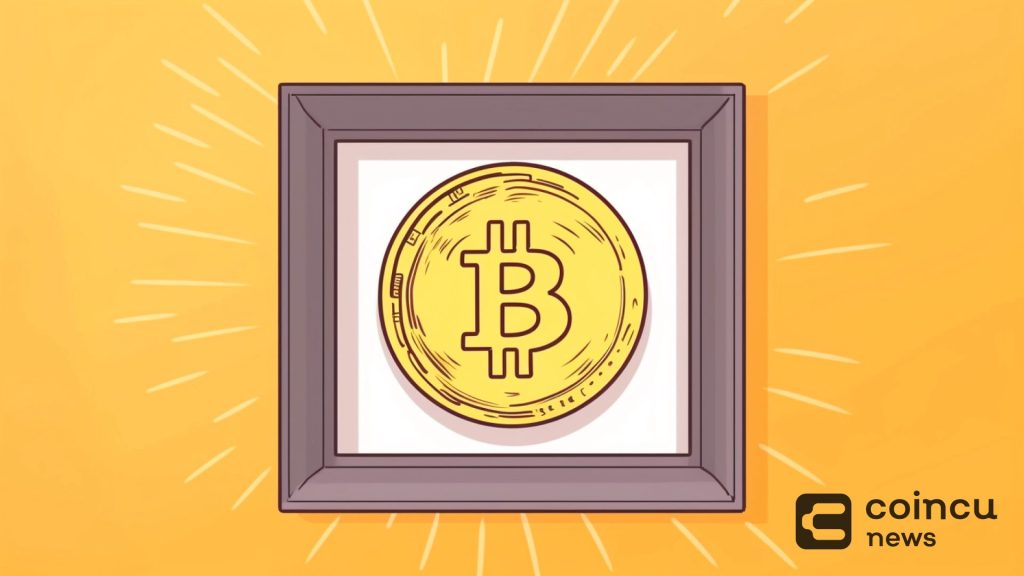New MicroStrategy Decentralized ID Platform Launched With Bitcoin Blockchain Integration
Key Points:
- MicroStrategy introduces “MicroStrategy Orange,” a decentralized identity platform on Bitcoin for secure identity management.
- Using the Bitcoin Inscription DID method, the MicroStrategy decentralized ID platform reduces transaction fees and blocks space with UTXO issuance.
MicroStrategy, a prominent business intelligence firm, unveiled its latest breakthrough today, introducing “MicroStrategy Orange,” a decentralized identity (ID) platform integrated with the Bitcoin network. The announcement took place during the MicroStrategy World: Bitcoin for Corporations 2024 event.

MicroStrategy Decentralized ID Platform Unveiled
Cezary Raczko, Executive Vice President at MicroStrategy, presented the innovation, highlighting the MicroStrategy decentralized ID platform as an enterprise-grade platform for constructing decentralized identity applications on the Bitcoin blockchain. Raczko outlined the platform’s core components, emphasizing a cloud-hosted service for issuing identifiers to users and organizations.
The MicroStrategy decentralized ID platform employs the Bitcoin Inscription DID method, utilizing data inscriptions within Bitcoin’s witness sections to manage decentralized identifiers (DIDs). Leveraging unspent transaction outputs (UTXOs) on the Bitcoin blockchain, MicroStrategy Orange aims to ensure secure and efficient management of digital identities while reducing transaction fees and block space consumption.
MicroStrategy Empowers Enterprises with Secure Identity Solutions
This development signifies a significant step in integrating Bitcoin into enterprise solutions, empowering organizations to utilize and oversee decentralized identity applications with enhanced security and immutability features.
While MicroStrategy pioneers this field, other initiatives like BitID, introduced in 2016 for online identity verification, and ION, a self-sovereign identity system utilizing the Bitcoin blockchain and IPFS, have explored similar avenues.
Additionally, initiatives like Worldcoin and Ecuador’s Sistema de Dinero Electrónico have pursued global digital identity and financial networks, although Ecuador’s program was discontinued due to opposition from state banks.
| DISCLAIMER: The information on this website is provided as general market commentary and does not constitute investment advice. We encourage you to do your own research before investing. |






















